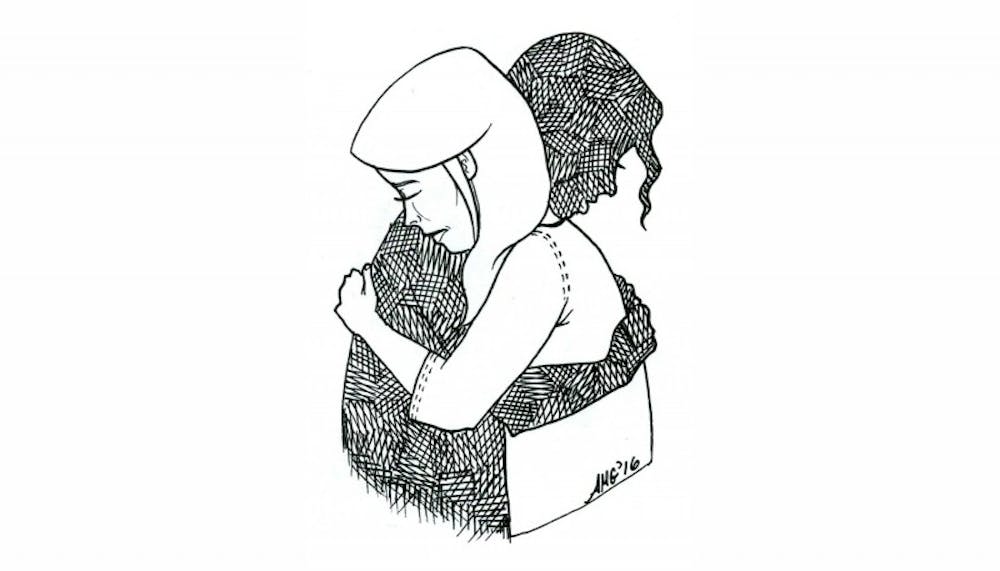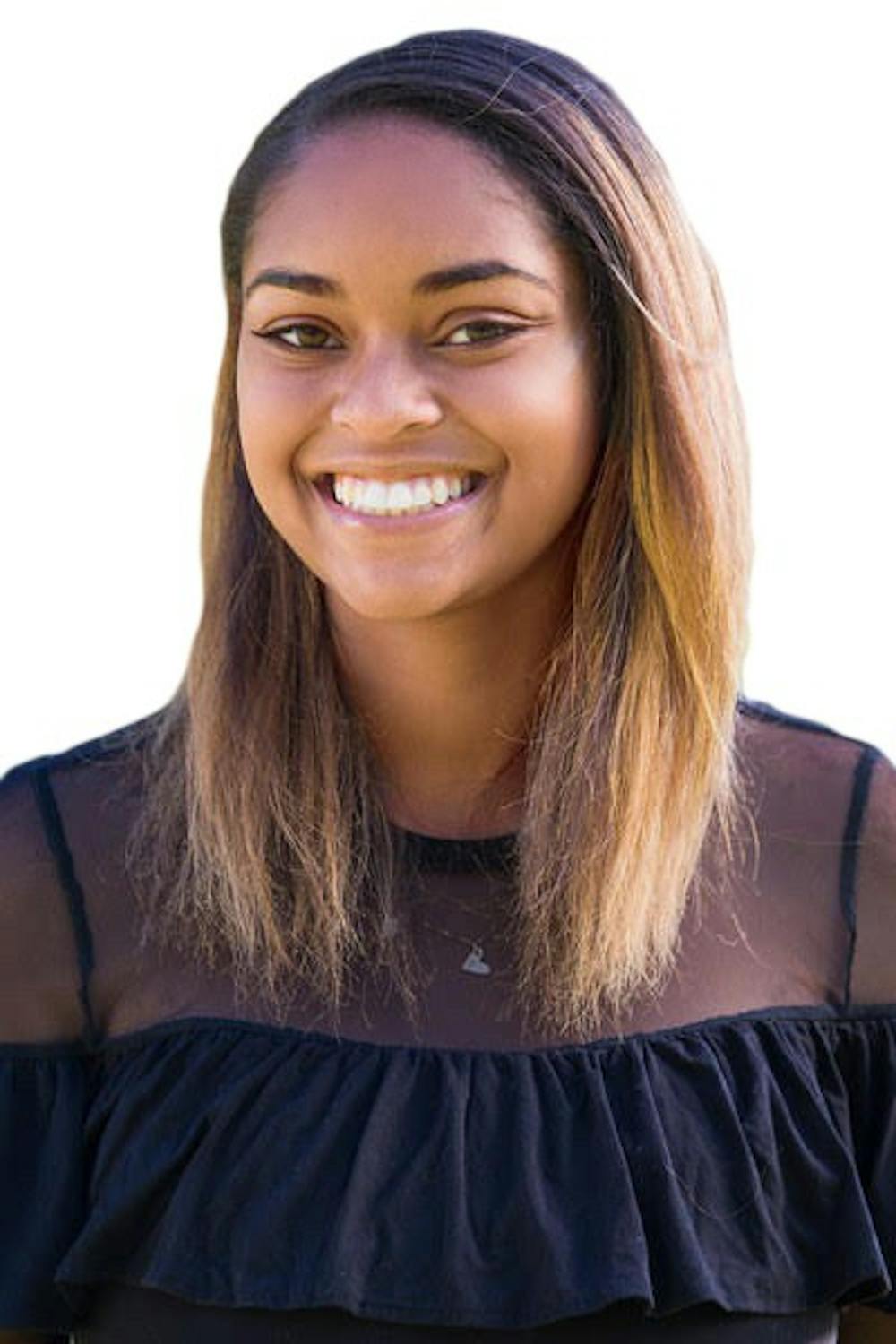
I like to think of myself as an independent person. The idea of being independent used to make me feel strong, and it made me want to focus on being happy rather than being openly upset when I was upset, which usually made me the girl that never seemed sad. That wasn’t a terrible thing.
What independence did not do for me was make me into a vulnerable young person. Somewhere along the way, while I was growing up and deciding exactly what things were important to me, I decided that being a good listener for the people I love bore more weight than being a good truth-sharer to those people and myself.
I say “truth-sharer” specifically and intentionally. It’s not about feelings, though it can be, but it's about coming to terms with real-life events and, on a basic level, acknowledging that hard things do happen.
I don’t mean that I was a liar or that there’s something wrong with keeping some things private. To be independent, I truly believed that I shouldn’t confide in anyone but myself, meaning I should give myself motherly advice and friend advice and mentor advice and therapy sessions.
Part of this was that I felt like there was something weak about struggling and something weaker still about letting people see me go through it. This mindset, at Penn, is especially present. I am surrounded every day by high-achieving students at what is often coined “the social Ivy,” which means that vulnerability isn’t high on anyone’s list of priorities, though almost everyone has to have struggled juggling social, personal, and academic expectations.
I very recently read Kiese Laymon’s book, “Heavy: An American Memoir.” It is written to his mother. In the foreword, he clarifies that he wanted to write a lie about what it means to be a black American raised by her and that his mother certainly wanted to read that lie, but he wrote instead everything that he was supposed to forget.
I believe that most people have memories they want to forget, which usually means they try not to think or talk about those things. Laymon addresses the role that shame plays in secret-keeping and goes into detail about all the ways that shame and keeping secrets broke him and the people who loved him and he loved, too.
He struggles with an eating disorder that leaves him with close to zero percent body fat, too weak to get up off the carpet one night. He writes, “I sat on the floor knowing my body broke because I carried and created secrets that were way too heavy.”
The eating disorder is a physical representation of the way keeping dense truths buried deep will come with real consequences, regardless of how well you’re able to pretend they don’t matter or exist. I know now that being independent does not mean putting on a show like you’re the best and happiest person in the world because, in all honesty, you won’t ever make your best better if you don’t face the heavy stuff.
Laymon taught me a lot about owning your truth, and he continues, in his writing, to demonstrate what real honesty, with yourself and with the people you love, looks like in all its terrifying and uncomfortable glory.
I won’t say that you should run out tomorrow and tell everyone all of your deepest, darkest secrets. I will say that it is true when Laymon says, “We can not responsibly love anyone … if we insist on making a practice of hiding and running from ourselves.” This means parents to children and children to parents, friends and teachers and partners and siblings.
I’m still not convinced that I want to be a vulnerable young person, but I do know I should be. You should, too.

KALIYAH DORSEY is a College freshman from Pennsauken, N.J., studying English. Her email address is kaliyahd@sas.upenn.edu.
The Daily Pennsylvanian is an independent, student-run newspaper. Please consider making a donation to support the coverage that shapes the University. Your generosity ensures a future of strong journalism at Penn.
Donate






